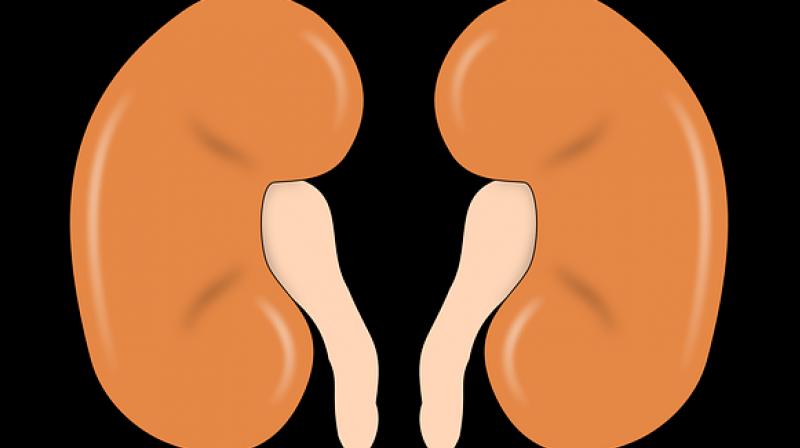Manage kidney issues with peritoneal dialysis

Chennai: Chronic Kidney Diseases (CKD) is gradually becoming a health concern in the country and both men and women are being diagnosed with it.
CKD is a long-term irreversible condition and progressive dialysis has been the backbone for the treatment of these diseases. However, the emergence of Peritoneal Dialysis (PD) has the potential to make the complex procedure of dialysis simpler for patients.
Peritoneal dialysis procedure can be administered at home or workplace, and even while travelling without the dependency of hospitals.
In this procedure, the abdominal lining of the patient is used to filter waste products from the blood.
“A soft tube is placed through a laproscopic keyhole surgery inside the patient's belly, a few weeks prior to the treatment, and a dialysis solution is poured in this tube to peritoneal cavity. The solution absorbs waste from blood vessels in abdominal lining (peritoneum) and then draws it back out of the body to discard it,” says Dr Georgie Abraham, consultant nephrologist, Madras Medical Mission.
Shanti, 44, who has been on peritoneal dialysis for 16 years now says, “I have been suffering from kidney failure and I could not only cut my treatment cost due to reduced number of doctor visits and less clinical procedures, I experience a normal lifestyle.”
The process does not involve any sort of machinery or electricity to operate and just involves training of the patient and kin to be able to perform the process.
It can be even performed on diabetic patients.
The process also requires less water when compared to hemo-dialysis, says Dr Abraham. The procedure can be administered at home, at workplace, and even while travelling. The entire PD process takes around 6-7 hours for a single usage.

